Ever feel like your energy just evaporated halfway through the day—right around the time your to-do list starts throwing a tantrum?
One minute you’re firing off emails like a productivity machine, and the next, you’re fantasizing about napping under your desk like a cat in a sunbeam. Here’s the thing: your energy levels might be less about your workload and way more about what’s on your plate. Literally.
Food isn’t just fuel—it’s the difference between powering through the day like a champ or dragging yourself to 5 p.m. in a zombie-like trance.
While some foods are basically a battery pack for your brain and body, others are sneakily draining the life out of you.
And spoiler alert: that “energy drink” probably belongs in the second group (sorry, caffeine lovers).
So before you blame your lack of energy on Monday, Mercury retrograde, or your third Zoom call of the morning… Let’s break down 8 foods that can actually give you energy—and 8 that are more likely to leave you yawning into your coffee.
1. Oats
Kickstart your day with a warm bowl of oats. They are a powerhouse of complex carbohydrates that release energy slowly.
The gradual release helps maintain a steady blood sugar level, warding off energy crashes. Rich in fiber and B-vitamins, oats are particularly high in B1 (thiamine). Thiamine plays a vital role in converting food into energy.
Not only are oats nutritious, but their comforting warmth also wraps you in a cozy hug, making breakfast feel like a small act of self-care. Add some fruits or nuts to your oats, and you’ve got a delicious, energy-boosting meal that keeps you fueled throughout the morning.
Did you know? Oats have been a staple in human diets for thousands of years, cherished for their hearty, nourishing qualities.
2. Bananas
When you need a quick pick-me-up, reach for a banana. Often called nature’s energy bar, bananas are packed with natural sugars like glucose, fructose, and sucrose. These sugars provide a quick yet sustained energy release.
Potassium-rich bananas also help maintain proper muscle function and hydration. The presence of vitamin B6 further aids in converting food into energy. Easy to carry and even easier to eat, bananas are a convenient snack option for busy days.
Whether added to smoothies, sliced over cereal, or enjoyed on their own, they’re a versatile addition to your diet.
Fun fact: In some cultures, bananas are considered a symbol of good luck and prosperity. This cheerful fruit is sure to bring a smile to your face and a bounce to your step.
3. Eggs
Eggs are a versatile and nutritious food, perfect for any meal. They’re packed with high-quality protein and contain leucine, an essential amino acid that stimulates energy production.
The high choline content in eggs supports brain function, helping to keep mental fatigue at bay. With their satisfying texture and rich flavor, eggs offer a hearty start to the day or a wholesome addition to lunch or dinner.
Whether you prefer them scrambled, poached, or boiled, they provide a sustained release of energy to fuel your daily activities. A little-known fact: the yolk is where most of the nutrients reside, so don’t skip it!
Embrace the humble egg as part of a balanced diet, and enjoy its nourishing benefits with each bite.
4. Sweet Potatoes
Sweet potatoes are more than just a delicious side dish. They’re a complex carbohydrate rich in fiber and vitamin A, making them a robust energy source. These vibrant tubers help stabilize blood sugar levels, preventing the energy crashes that lead to fatigue.
With their naturally sweet flavor and satisfying texture, they can be baked, mashed, or roasted to complement any meal. Sweet potatoes are also high in antioxidants, helping to fight inflammation and support overall health.
5. Spinach
When you feel like you need a nutritional boost, turn to spinach. This leafy green is a potent source of iron, which is essential for transporting oxygen to cells and combating fatigue.
Alongside iron, spinach is rich in magnesium, a mineral that plays a critical role in energy metabolism. Whether tossed in a salad, blended into a smoothie, or sautéed as a side dish, spinach adds a fresh, vibrant touch to any meal. Its delicate leaves and subtle flavor make it an easy addition to your diet.
6. Greek Yogurt
For a snack that’s both satisfying and energizing, Greek yogurt is an excellent choice. Packed with protein and probiotics, it offers lasting energy and supports gut health.
The high protein content keeps you feeling full and energized, while probiotics promote a healthy digestive system, which is crucial for overall vitality. Its creamy texture and tangy flavor make Greek yogurt an enjoyable treat, whether eaten on its own or with a sprinkle of nuts and fruits.
žGreek yogurt is strained more than regular yogurt, giving it a thicker consistency and higher protein content. Embrace this nutritious delight in your daily routine, and enjoy the boost it brings to your energy levels.
7. Salmon
Salmon is a culinary delight that’s also a nutritional powerhouse. Rich in omega-3 fatty acids, vitamin D, and protein, it supports brain function, mood, and sustained energy levels. These nutrients also help reduce inflammation, which can lead to fatigue.
The rich, buttery flavor of salmon makes it a favorite in many dishes, from simple grilled fillets to elaborate creations. Enjoy it paired with fresh vegetables or a light salad for a balanced meal.
A fun tidbit: Wild salmon get their vibrant pink color from the carotenoids in their diet, primarily from eating krill. Whether you’re a seafood lover or new to fish, salmon is an excellent choice for boosting energy and maintaining a healthy lifestyle.
8. Quinoa
Quinoa is a remarkable grain that offers both nourishment and energy. As a complete protein and slow-digesting carbohydrate, it delivers long-lasting fuel without the sugar spike. Rich in magnesium, iron, and fiber, quinoa supports sustained energy release and overall well-being.
Its delicate, nutty flavor and fluffy texture make it a versatile addition to salads, soups, or as a side dish. Quinoa is not just a health food fad; it’s been a staple in South American diets for thousands of years.
Embrace quinoa for its nutritional benefits and enjoy the energy boost it brings to your meals. Whether you’re a seasoned cook or a culinary novice, quinoa is an easy and rewarding ingredient to explore.
1. Sugary Breakfast Cereals
Starting your day with sugary cereals might sound tempting, but it’s a fast track to fatigue. These cereals cause a rapid spike in blood sugar, followed by a sharp crash that leaves you feeling tired and irritable.
The lack of essential nutrients means they provide little more than a temporary energy boost. Instead of relying on these sugar-loaded options, consider choosing whole grain cereals with less added sugar. They offer a more balanced start to your morning.
Remember, breakfast sets the tone for the day, so opt for choices that sustain you.
2. White Bread
White bread might be a convenient staple, but it’s not the best choice for sustained energy. Made from refined flour, it digests quickly and causes blood sugar spikes and crashes. The rapid fluctuations can leave you feeling sluggish and uninspired.
Whole grain alternatives, on the other hand, provide more fiber and nutrients, offering a steadier energy release. Consider switching to whole grain or multigrain bread for a healthier option that keeps you energized.
White bread became popular in the early 20th century as a symbol of modernity and cleanliness. However, its nutritional value falls short, making it a less optimal choice for those seeking sustained energy.
3. Fried Foods
While fried foods might be deliciously tempting, they’re notorious for causing fatigue. The grease and oils used in frying make these foods hard to digest, diverting blood away from your brain and muscles. Instead, it soothes your digestive system, making you feel sluggish and sleepy.
Opting for grilled or baked alternatives can offer similar flavors without the draining aftermath. Enjoying fried foods in moderation is key to maintaining your energy levels and overall health.
The process of deep-frying dates back thousands of years, but the method’s energy-draining effects remain consistent. Whether it’s fried chicken or crispy fries, savor them sparingly to keep your energy intact.
4. Pastries and Donuts
Pastries and donuts may satisfy your sweet tooth, but they’re not the best choice for lasting energy. Packed with sugar and refined flour, they provide a quick burst of energy followed by a rapid decline.
Without sufficient fiber or protein, these treats won’t keep you full or energized for long. Consider indulging in moderation and pairing them with protein-rich foods for a more balanced snack.
While they may be a delightful treat, relying on them for energy can lead to sluggishness. Choose wisely, and enjoy these sugary delights with awareness.
5. Red Meat (in excess)
Red meat is a rich source of iron and protein but can be heavy and hard to digest, especially in large portions.
Consuming excess red meat, particularly at lunch, may leave you feeling lethargic afterward. While it provides important nutrients, balance is essential to avoid the energy-draining effects. Opt for leaner cuts and incorporate plenty of vegetables for a more balanced meal.
Did you know? Some cultures believe that eating red meat enhances strength and vitality. However, moderation is key to harnessing its benefits without the sluggish side effects. Enjoy red meat as part of a varied diet, and relish its flavors while keeping an eye on portion sizes.
6. Alcohol
Alcohol might seem relaxing, but it can lead to daytime fatigue. As a depressant to the central nervous system, alcohol even in small amounts can make you drowsy.
It also disrupts your natural sleep cycle, leading to tiredness the next day. While enjoying a drink in moderation can be part of social or culinary experiences, it’s important to be mindful of timing and quantity.
Drinking late at night may affect your sleep quality and leave you feeling less energetic.
Alcohol has been consumed by humans for thousands of years, often linked to rituals and celebrations. Today, moderation remains key to enjoying its pleasures without compromising energy and alertness.
7. Energy Drinks
Energy drinks promise a quick boost, but the caffeine-sugar combo often leads to a crash. These beverages can disrupt your natural sleep patterns, particularly if consumed later in the day.
Though they offer a temporary jolt, the aftermath can leave you feeling more tired than before. Consider swapping energy drinks for natural sources of vitality like water with lemon or herbal teas.
While they may have their place in certain situations, relying on them regularly can lead to fatigue. Choose wisely to maintain your energy naturally.
8. Processed and Packaged Foods
Processed and packaged foods often lack essential nutrients, leaving you feeling sluggish. High in sodium, trans fats, and artificial additives, these foods can promote inflammation and fatigue.
While convenient, they don’t provide the lasting energy needed to fuel your day. Instead, aim for whole, nutrient-rich foods that support vitality and well-being. Cooking from scratch or choosing fresh options can make a significant difference in how you feel.
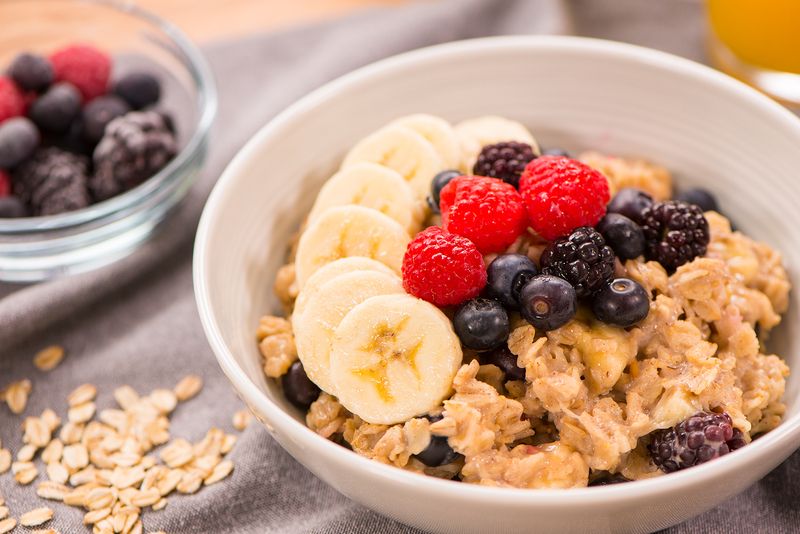
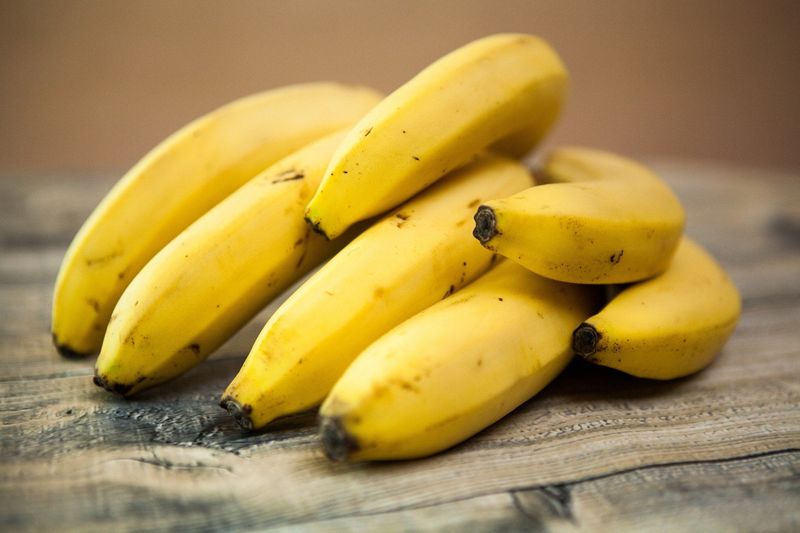
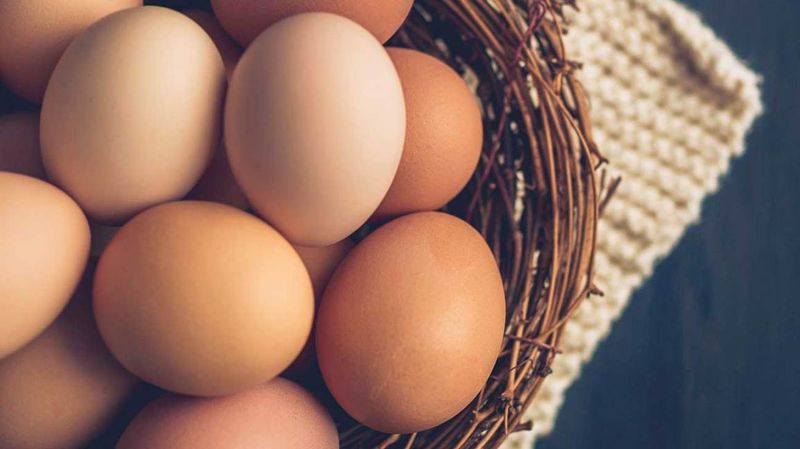
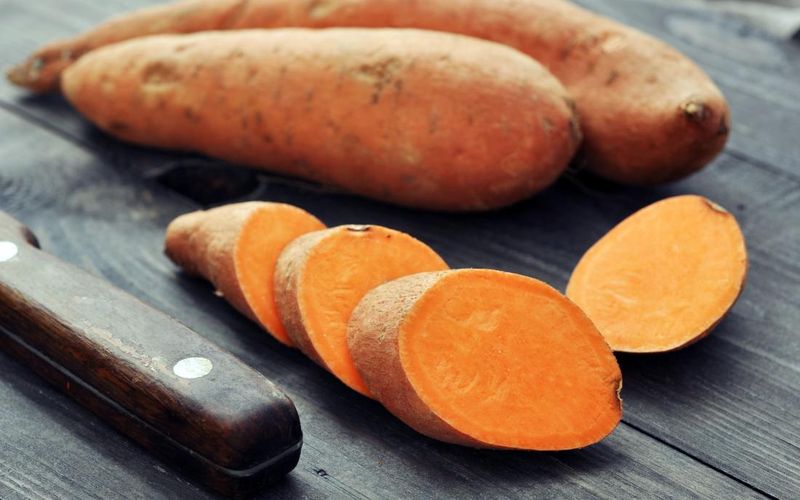
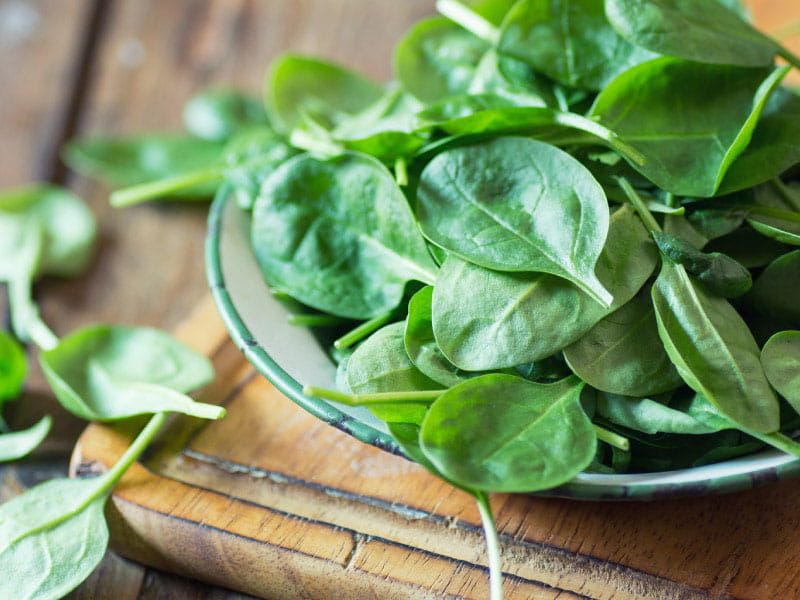
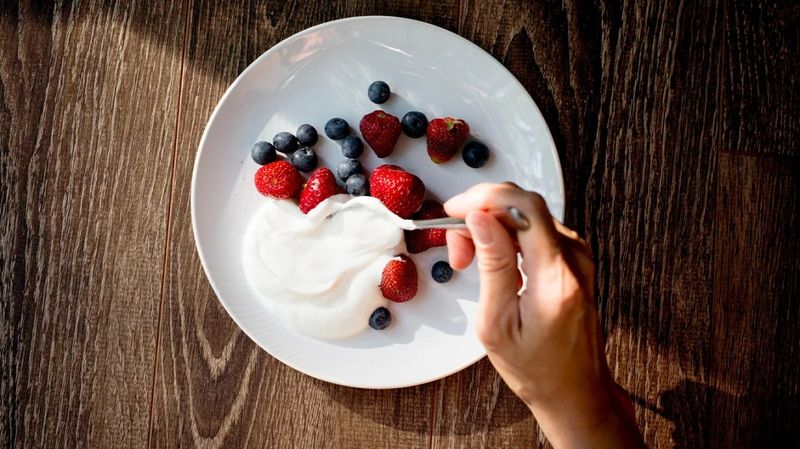
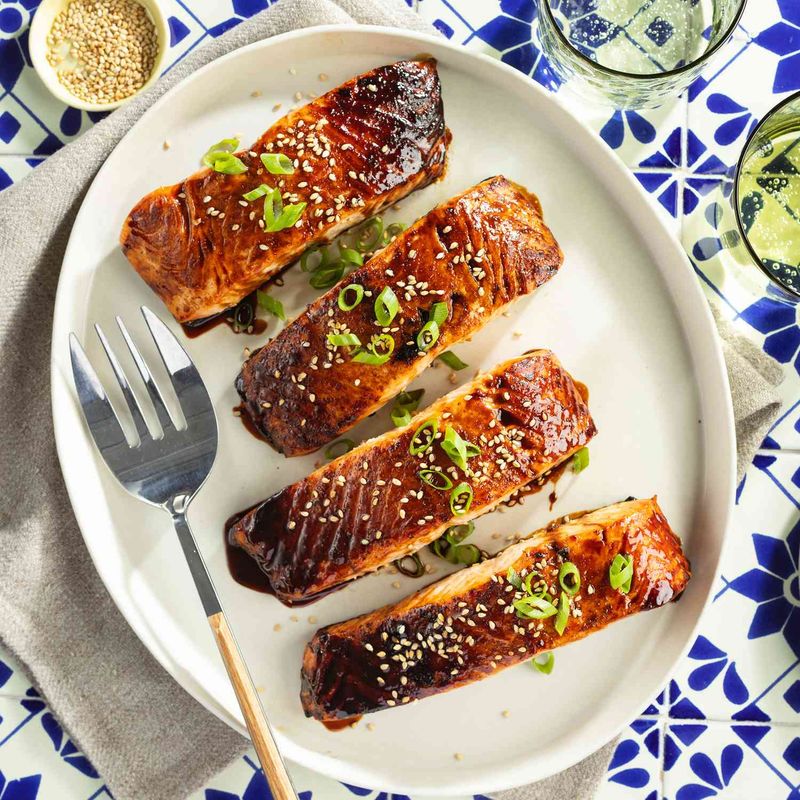
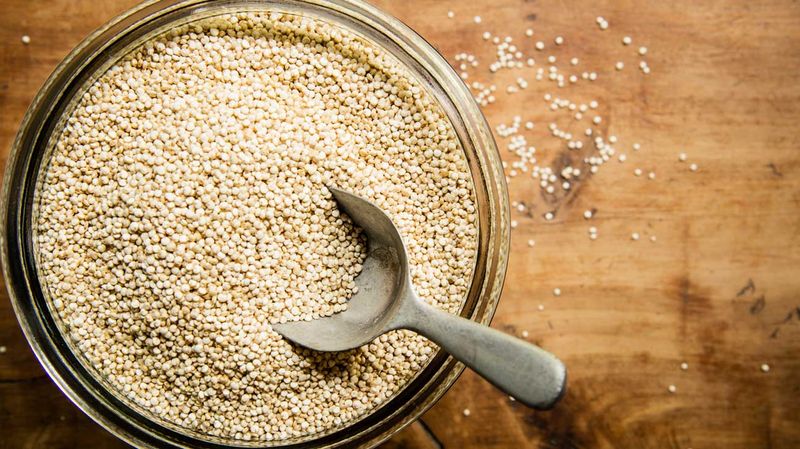
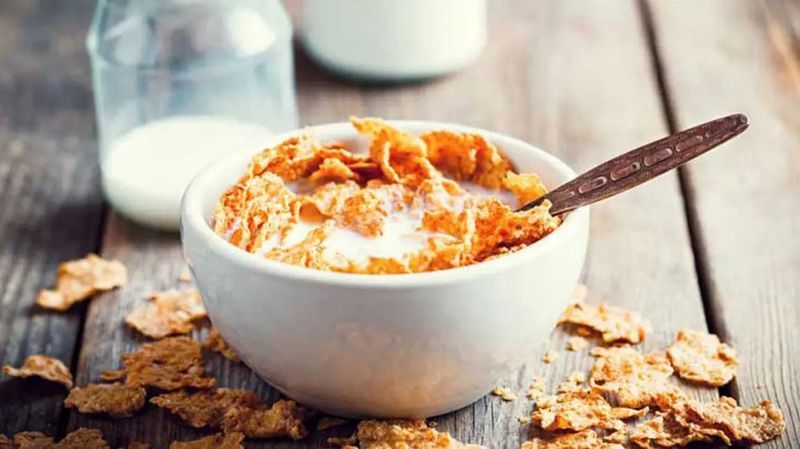
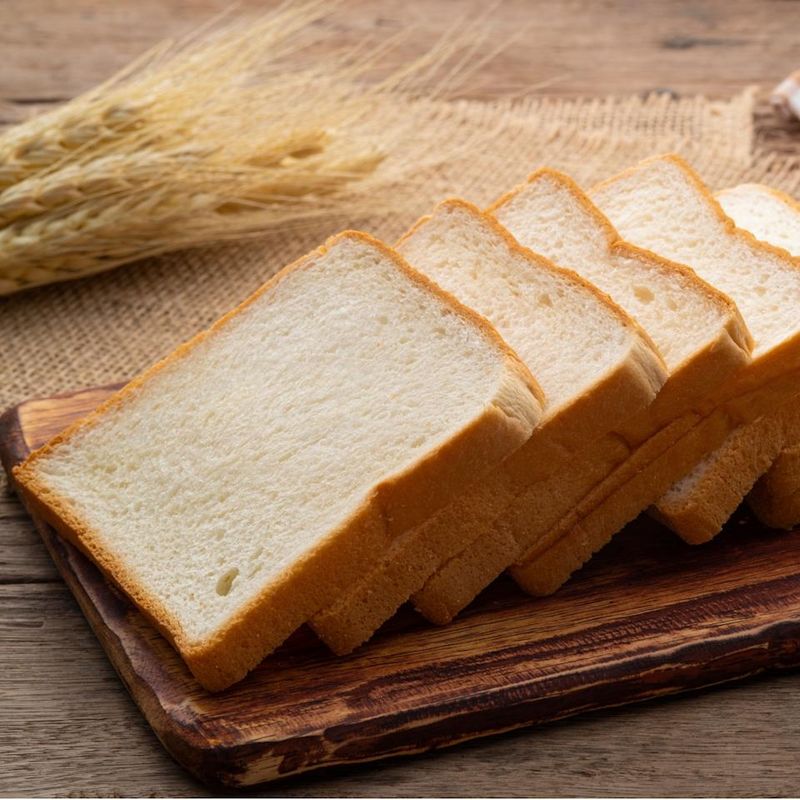
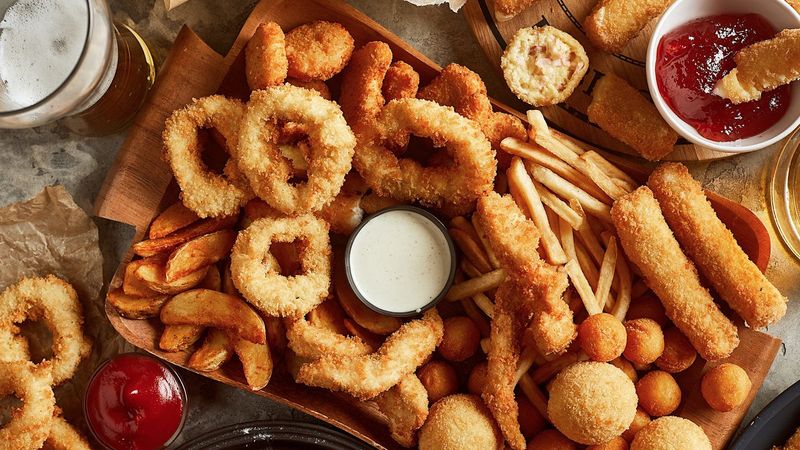
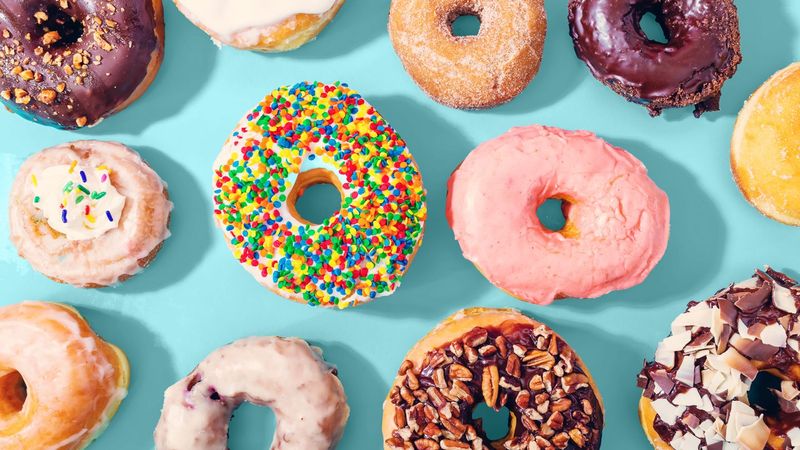
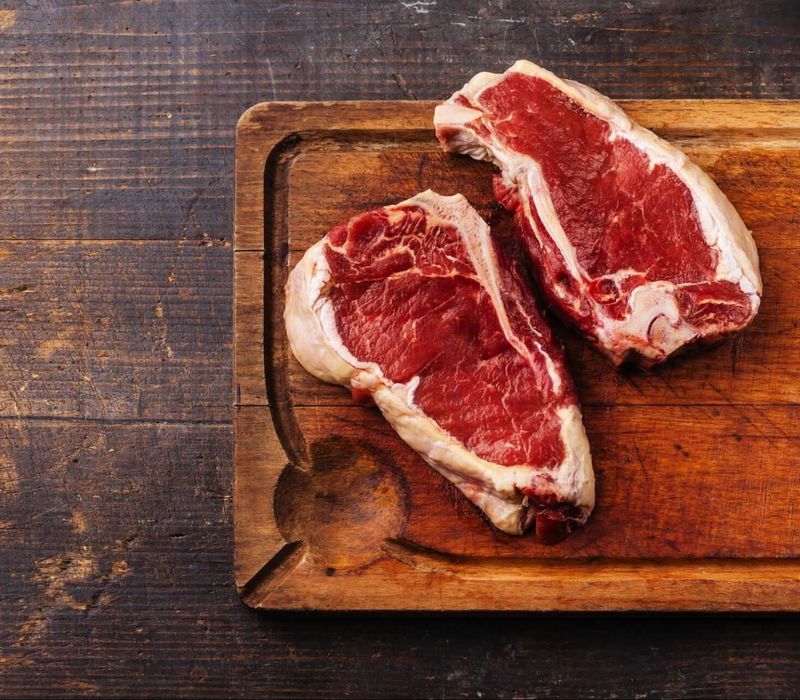


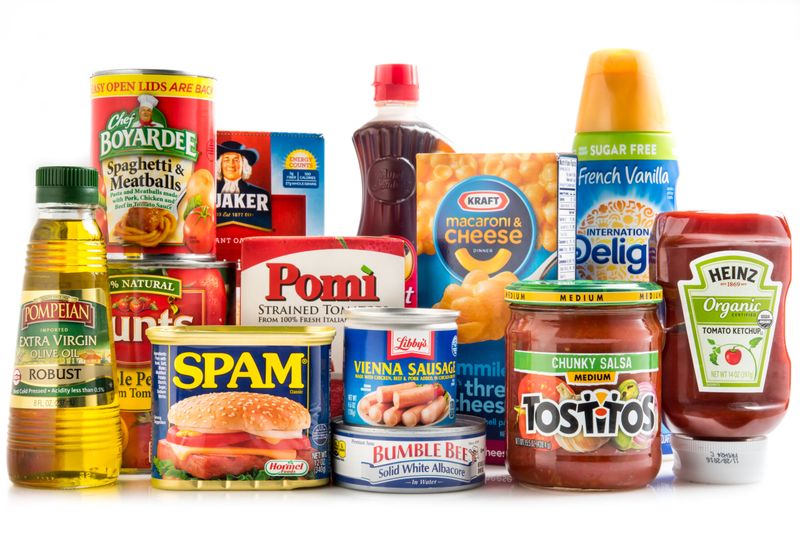
Leave a comment